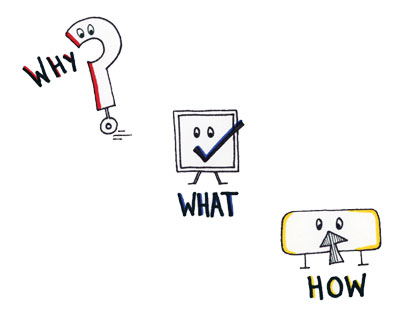Obtaining the knowledge from any person is not an easy task. It becomes even tougher when an artificial intelligence based tool takes up the mantle. If only the right questions are asked, the knowledge can be extracted and transferred as wisdom which would help the person(s) to make correct judgements and decisions. In the construction industry context, the degree of understanding of what the client wants and providing the wisdom to progress, are the essential ingredients for delivering a successful outcome.
Construction clients see construction projects differently from the industry experts. They are not unitary. Any construction project involves organisational change in the client. The change in the client exposes gaps and contradictions, and also involves unknowns that are not yet formed. Put simply, a construction project at the outset can be a “Dream” or a response to a corporate vision. To realise what the client’s dream is, there has to be an understanding through a catalytic intervention process to elicit the client’s self-discovery and learning.
Rudyard Kipling’s Six Honest Serving Men would help us for the catalytic intervention. For any problem, solutions can be derived through asking the questions of “Why”, “What”, “How”, “When”, “Where” and “Who”.
The same simple six honest serving men can help our project to elicit what clients want, to understand the business of the client, to identify clients’ level of readiness to engage with a diverse group of professionals and businesses and to fulfil the business objectives through eliciting high level business/technical requirements.
“What is the client’s dream?”
“Why the client wants the dream to become reality?”
“How the dream will enhance the client’s life?”
“When and Where the client wants to realise the dream?”
“Who will help the client to realise the dream?”
Irrespective of the domain, irrespective of the client or the project, getting the answers for the above six questions would bring the wisdom. This is what our “Dream it” stage is about. To engage, to handle the pressures from the external environment, to identify the gaps and contradictions, to take care of individual emotions and managing the end gaps.





